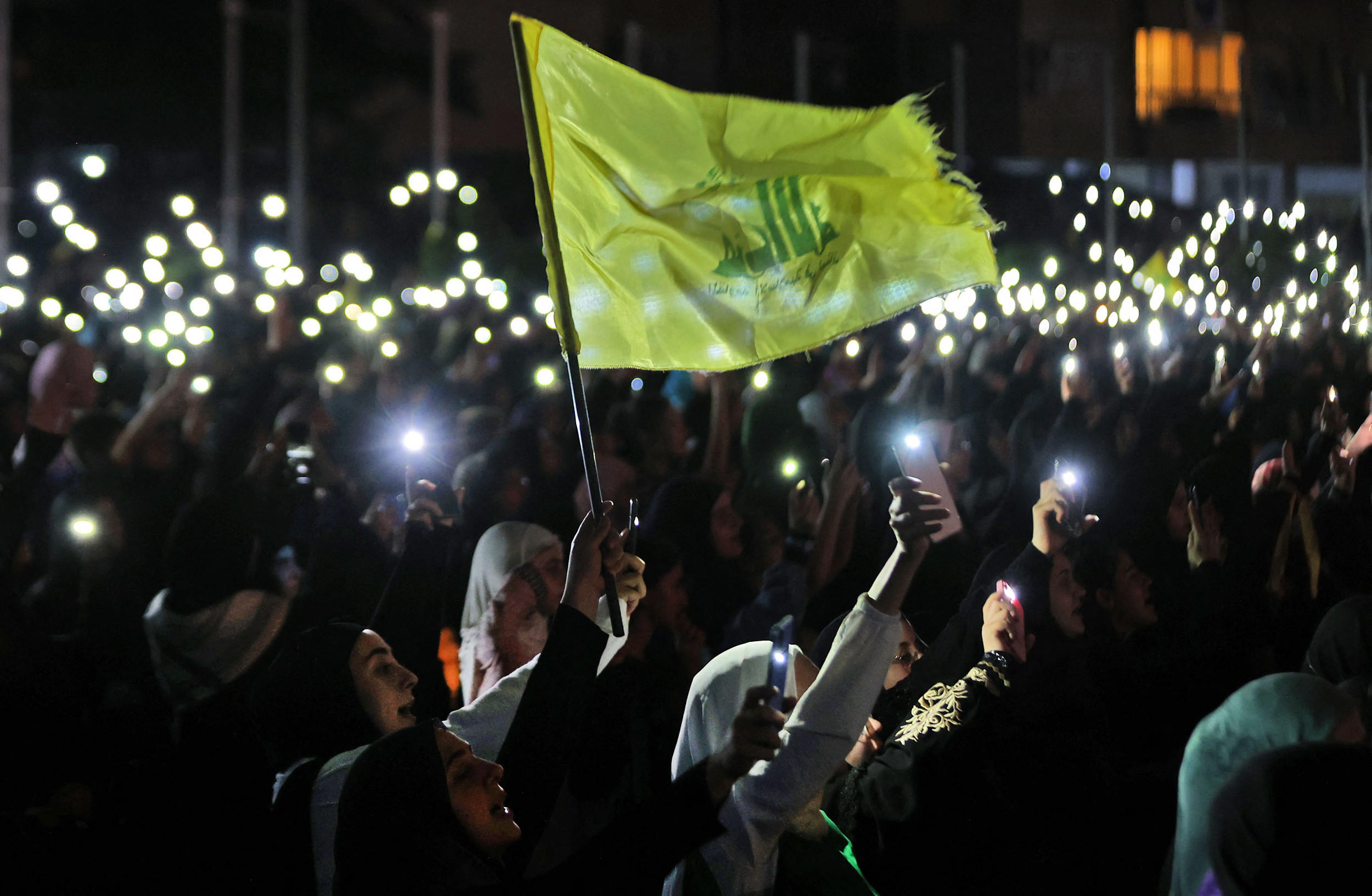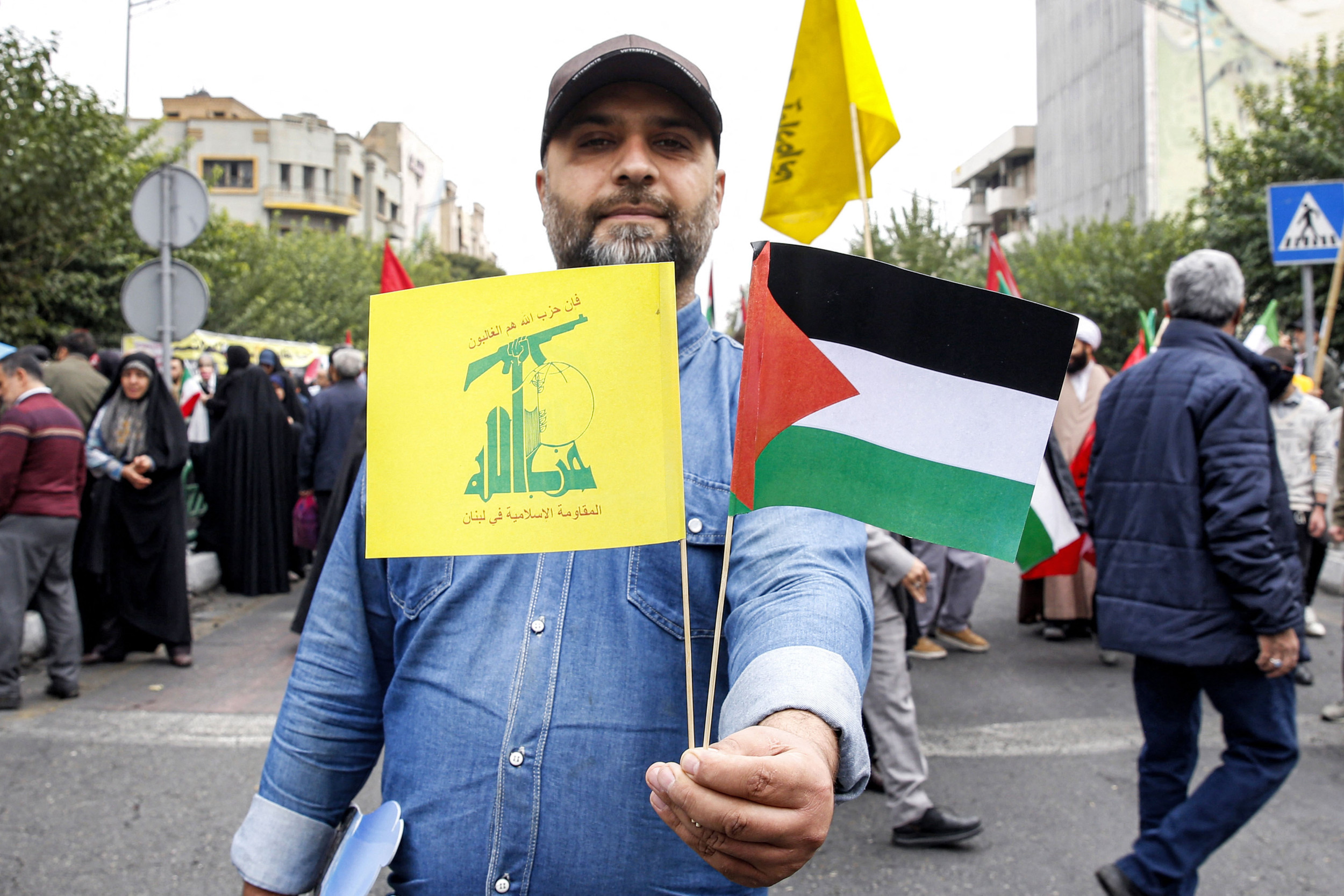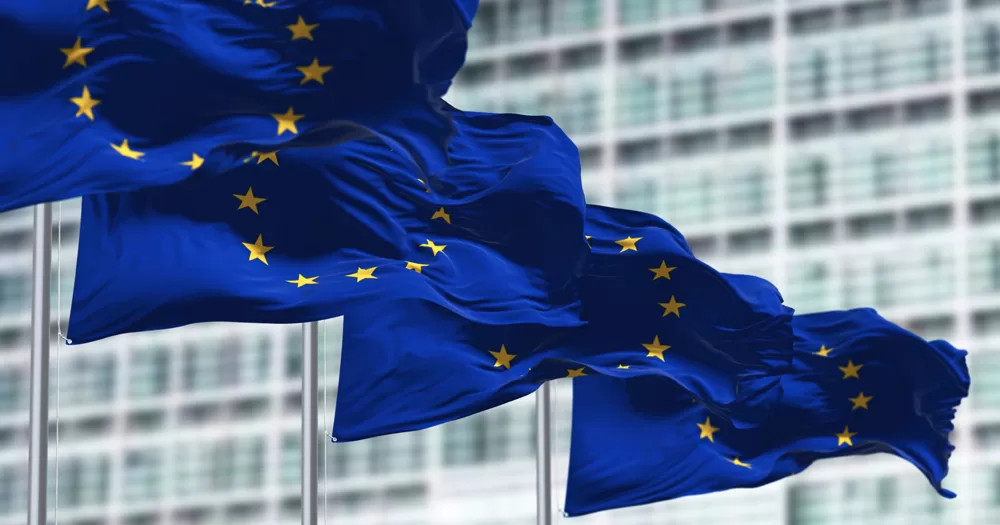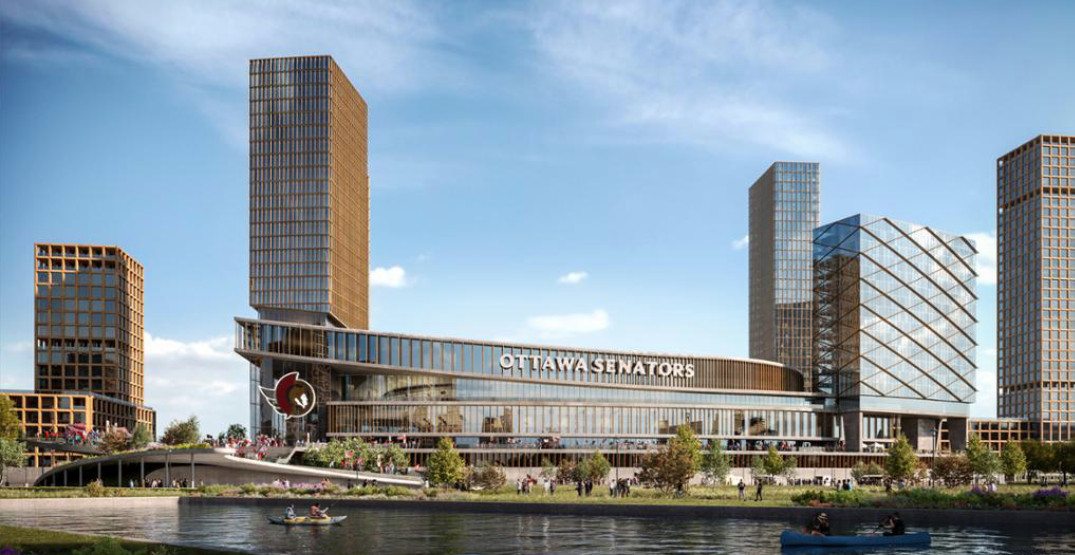Protests, Hezbollah Flags, and the Limits of Free Speech in Australia
The weekend saw fiery protests in Australia, sparked by the escalation of violence in Gaza and Lebanon. While many rallied in support of a ceasefire and against the ongoing conflict, a small but notable segment of protesters drew condemnation for displaying Hezbollah flags and allegedly chanting violent verses. This has ignited a national debate on the boundaries of free speech and the role of government in policing extremist sentiment.
The display of Hezbollah flags, a Lebanese militia designated a terrorist group in 2003, at pro-Palestine demonstrations in Sydney and Melbourne has prompted a firm response from the Australian government. Home Affairs Minister Tony Burke announced that authorities in both states would be instructed to “check the visa status of anyone who comes to their attention” and that he “won’t hesitate to cancel the visas of visitors to our country who are spreading hate.”
The Australian Federal Police (AFP) has confirmed it will investigate at least six reports of crime involving prohibited symbols and chants, stemming from these protests. This investigation comes after the AFP initially stated that “the mere public display of a prohibited symbol on its own” did not meet the threshold of a Commonwealth offence under the new laws banning public display of terrorist organization symbols.
The AFP’s investigation will focus on whether the display of these symbols was intended to “spread ideas based on racial superiority or hatred; incite others to offend or intimidate a person; advocate hatred of a person; advocate inciting others to offend, intimidating or using force or violence against a person or group based upon their race, religion or nationality; or is likely to offend, insult or intimidate people because of a defining characteristic.”
The Government's Response and the Limits of Enforcement
The government’s response to the protests reflects a growing concern about the potential for imported conflict and extremist ideologies to take root in Australia. Prime Minister Anthony Albanese expressed his concern, stating, “We do not want people to bring radical ideologies and conflict here. Our multiculturalism and social cohesion cannot be taken for granted.”
However, there are questions about the effectiveness and even the legality of enforcing such laws. Some critics argue that the government’s actions are heavy-handed and that they risk stifling legitimate dissent. Others express concern about the potential for these measures to be used to target and silence marginalized communities.
Federal and state government sources have revealed a reluctance among state police to enforce these untested federal laws on extremist rhetoric and motivation. An AFP spokesperson emphasized that the federal police do not “routinely attend protests as this is the primary responsibility of state and territory law enforcement.”
Despite these concerns, the government appears determined to take a firm stance against extremism. The appointment of Aftab Malik, a New South Wales public servant with expertise in social cohesion and countering extremism, as the special envoy to combat Islamophobia is a clear indication of this commitment.
A Complicated Issue: Balancing Free Speech and Security
This situation highlights the complexities of navigating the delicate balance between the right to free speech and the need to protect national security. While Australia has a proud tradition of freedom of expression, there is also a growing concern about the rise of extremist ideologies and their potential for violence.
The use of Hezbollah flags and allegedly violent chants at these protests has undoubtedly raised serious concerns. However, the government’s response also raises questions about the limits of acceptable dissent and the role of the state in policing such expression.
It is crucial to strike a balance between safeguarding national security and upholding the fundamental right to free speech. This requires careful consideration of the context of the protests, the intent of the participants, and the potential impact of the government’s actions.
Looking Ahead: Moving Beyond Divisive Rhetoric
The debate sparked by these protests offers a valuable opportunity for national reflection. It compels us to examine our understanding of free speech, the role of the government in safeguarding security, and the complexities of navigating a multicultural society in a globalized world.
Moving forward, it is imperative to engage in dialogue that is respectful, informed, and inclusive. We need to move beyond divisive rhetoric and work towards a more nuanced understanding of the issues at play. Only then can we create a society that truly values both security and freedom.


















